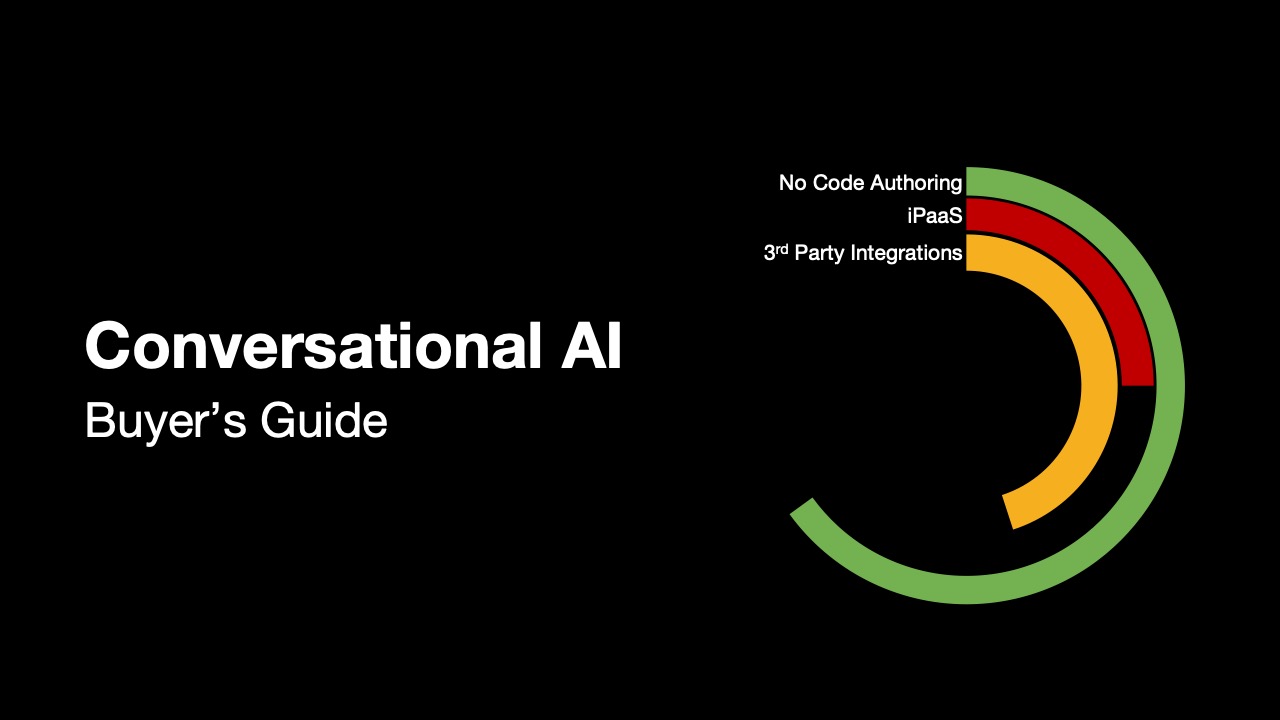Customer contact centers are investing in AI and robotic process automation to combat complexity. [1] The complexity results, in part, from migrating monolithic on-premise customer relationship management systems to cloud-based ones. Yes, moving to cloud-based systems reduces IT operating and maintenance costs, but it hasn’t achieved the envisioned ROI leaders sought. Plus, these systems weren’t just replacing one system for another. There are many more applications, screens, and logins for dialing, routing, social media, eCommerce, and product information. Agents now use so many apps, screens, and channels that the customer experience degraded.
Contact centers expect agents to use too many screens and apps. These systems range from accepting calls to cross-selling product promotions. With so many different applications and screens, customer personalization is very difficult and calls take a long time. For instance, talk to a company that has multiple product lines. I recently cut the cord from my television provider and moved to streaming services. While I was canceling my television service, the agent asked me which company I purchase telephone services from. I informed her I buy it from her company. She then asked which company provided internet to my home. I again stated that I purchase internet services from her employer and had so for years. I had been a customer for fifteen years, and the agent had no idea.
I had been a customer for fifteen years, and the agent had no idea.
Companies are also recognizing that engaging the workforce is essential for retaining talent and developing long-term relationships with customers. Investing in agents is vital for retention and customer satisfaction. Investments in agents will double over 2020 and 2021, yet, at the same time, focusing on costs is becoming less important. Only 15% of executives say reducing costs remains a priority over the next two years. They now favor investments in customer experience, automation, and artificial intelligence. [1]
Customer contact centers remain in flux from the pandemic as well. Many in the hospitality industry reduced employee counts because of a pandemic induced slow down. Hyatt, Lyft, Airbnb, Air Canada, Holiday Inn Club Vacations, Marriott, and Westjet announced layoffs and site closures in May and June. [2] We may realize more site closures over the next year, or two as building leases come up for renewal and contact centers embrace the new work from home normal. [3] With more agents at home, businesses will inherit more challenges with retaining agents and keeping them productive.
Call Center Agents are Expected to Use Too Many Screens
Even though contact and call centers have moved to cloud systems, they haven’t achieved the envisioned ROI. The systems are still too complicated, require weeks of training, and don’t enable efficient knowledge transfer to support customers. The complexity degrades customer service. Sixty-one percent (61%) of customers stated they stopped doing business with a company because of poor customer service. You can’t afford to lose customers. Replacing current customers with new ones is difficult and costly. On average, it will cost you five times as much to acquire a new customer than to retain an existing one.
Contact centers continuously seek ways to improve return on assets, but they battle high agent turnover rates. High turnover makes it very difficult to retain knowledgeable agents. Therefore, call center leaders must repeatedly train agents on systems, product knowledge, and maintain training documentation. Lack of product knowledge often frustrates customers when seeking support. Thirty-five percent (35%) of respondents in a Microsoft customer service survey state a representative’s lack of knowledge or inability to resolve the issue ranked as the most frustrating aspect of poor customer service [4]. Lack of product knowledge outranked not being able to talk to anyone at all (21%) as the most frustrating experience.
Contact centers are readjusting budgets and resources to increase customer personalization. According to a Deloitte survey, the top CRM investments that need improvement include:
- Knowledge Management
- Technology Simplification
- Training
- Increase CRM integrations with backend systems
Companies need to enable customer service organizations with simpler IT systems. It’s easier than ever before for customers to contact your organization. Plus, there are so many channels to manage for product information, orders, returns, and customer support. Fifty-three (53%) of companies expect call volumes to increase in the next two years. If calls increase, you need faster routing and better channel management for your website, email, social media, and phones. In the same aforementioned Deloitte report, respondents stated customer experience and expectations are now top investment priority followed closely by improved customer service. You need to invest in simplification and automation.
To Combat Complexity Call Centers are Investing in AI and RPA
To help simplify call center agent workflows, contact center leaders are investing in simplification. The job is too hard, and it is harder than it needs to be. High turnover among agents and new work from home programs increase the number of variables and make it more difficult. It’s challenging to maintain high-levels of product and systems knowledge when agents are new or distracted at home. To simplify processes, contact center leaders expect AI and robotic process automation, RPA, to help increase customer service. Nearly three out of four (73%) call centers plan to invest in robotic process automation. Three of the primary use cases for RPA include:
- Customer engagement automation (i.e., Customer Self-Service)
- Customer service representative assistance (i.e., Next Best Action)
- Advanced operational and strategic analytics and insights (i.e., Management Reporting)
Easily find Information in your CRM and Customer Call Center Software.
The most effective way to get information to or from a sales or customer agent is by directly texting or messaging them. Most people carry a mobile phone with them and are very responsive. Ninety-five percent of text messages are opened and replied to within three minutes–if you want an immediate response from someone, you text or send an instant message.
A substantial secondary benefit from sending and receiving texts is it requires no training. You don’t have training classes or sales operations teams teaching people how to text. They already know how to do it. There are over eight trillion text messages sent every day. Five of the top twenty apps on Google Play are messaging apps. People already have conversations in messaging apps. It’s best to use this to your advantage and use technology people understand rather than forcing people to understand the technology.
By simplifying data lookups and data entry similar to texting, your agents can provide better service to your customers. If you can streamline processes and help send structured messages back and forth, you can add an artificial intelligence layer to the request. Sending simple messages through AI assists your customer service agents to serve customers better. Then, your agents will be providing valuable data to train models for customer self-service and simultaneously provide instant access to management KPIs.
Improve Customer Experience with Intelligent Automation
Krista is an intelligent automation platform that updates data in your helpdesk, CRM, or any of your enterprise systems. It enables management, sales, and support teams to find and update information by mimicking how we already communicate in conversations. Commands are precisely how you already seek information by conversing with colleagues and customers:
- When did this customer last purchase a product?
- Are there other products or incentives I can offer this customer?
- How many times has this customer contacted support or the helpdesk?
- How are our call times trending?
- Are we completing more requests with the same staff?
If you can converse, Krista will answer your question. By utilizing existing communication methods in the form of a conversation, you take advantage of how we already communicate. You won’t need expensive services and consulting projects. You won’t need to train and retrain agents. You won’t need to maintain documentation on how to make people understand the technology. You are providing technology that understands your people.
Krista converses with your helpdesk and CRM systems and listens for conversations from anyone seeking or updating information. Krista maintains strict confidentiality and compliance standards when sending data to customers and stakeholders. It is an enterprise-grade software that is entirely configurable for data security, access, compliance, and privacy.
Krista enables financial services, IT services, manufacturers, logistics, and high-tech companies worldwide to eliminate constraints created by data silos. These companies spend less time manually updating systems for the sake of updating. Instead, they are providing valuable customer and sales updates to stakeholders as it happens in conversations.
Start a conversation with Krista today. Contact us for a custom demonstration.
Sources:
- Global Contact Center Survey, Deloitte
- Call Center Site Closure Trends in the Midst of the COVID-19 Pandemic, Site Selection Group
- 40 U.S. Call Center Employers Expanding in the Midst of COVID-19 Pandemic, Site Selection Group
- Global State of Customer Service, Microsoft





